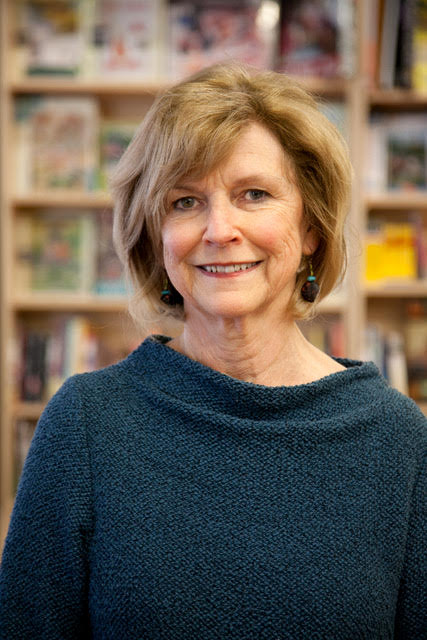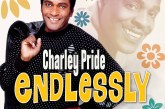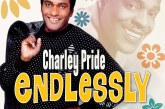
by Harrison Young
Jeannette Brown is a local playwright, novelist and editor who writes among the fastest I’ve ever seen. I first met Brown, the first person for whom my Next Rung Productions program provided playwright mentorship, in 2020. She had never written a full-length play at that time, but she already had an extensive history of being published and receiving residencies for her other writing. It didn’t take her long to create her stark drama “Mutation,” and she since has gone on to write three more full-length plays.
Brown was on the road visiting her home state of Texas at the time of our interview; here is our conversation.
BLANK Newspaper: What is the first thing you remember writing creatively?
Jeanette Brown: The thing that stands out in my mind is my English teacher, Mrs. Williams. She was very supportive of all of us. She put our best essays and poems on the bulletin board. I felt so encouraged to see my work up there.
BN: When did you find out you wanted to be a writer?
JB: The day I found out I didn’t have to be a white old man living in New York [to do so].
BN: Are there playwrights who influence you in your playwriting?
JB: Of course, I love Tennessee Willams for his low-to-the-ground, flawed characters. For contemporary inspiration, I’m reading and watching a lot of Jen Silverman plays.
BN: What would be your first piece of advice for someone interested in writing a play?
JB: Read a lot of plays, both the classics and contemporary. You’ll hear the rhythms and see the formats, and you can be assured that anything goes.
BN: You’ve served several terms on the board of the Knoxville Writers’ Guild. How has finding a stable writing community served your own growth?
JB: I depend on other writers to inspire me and to improve my work. I’m in a critique group that meets monthly, and we have deadlines. That is so helpful.
BN: You’ve written novels and short stories before you wrote plays. How did those experiences help you as you found your voice as a playwright?
JB: The similarities are there: characters, setting, plot etc. The thing that is missing in plays is that the character doesn’t tell what he’s thinking – interiority. The audience only knows that by the character’s action, and the playwright has to make that clear with action and dialogue. We’re way past those 10-minute monologues where the actor looks at the ceiling and opines his options.
BN: You wrote “Mutation” during our time together with Next Rung Productions, and I remember being impressed with your depth of research on Vietnam. Do you research often before you write, and, if so, how do you like to do your research before writing?
JB: I love research so much [that] I have to stop myself and begin writing the play. Although I lived through the Vietnam War, I was not [there]. There is so much written about it by the guys who served that I learned what I needed. I have friends who served in that war, and I wanted to get it right for their sake.
BN: The Tennessee Stage Company recently had a stage reading of “Cuba Libre,” your play about Marilyn Monroe off-camera in Cuba. You have traveled to Cuba three times, and you like to travel elsewhere, too. In what ways has travel influenced your writing?
JB: Traveling is good just for scrambling my brains, taking me out of my routine. I use the landscape as a setting. I often overhear conversations that I can slip into a play or story.
BN: I’ve had the good fortune to see your monologue “Our Future on Trial” a few times, including opening twice for my play “Two Bad Days” and originally for Next Rung’s “Roe V Wait a Minute” in 2022. What challenges did you face trying to capture the feelings and repercussions of breaking news in a single monologue?
JB: In writing a monologue, I have to imagine both sides of an argument or discussion and only write one side, yet let the audience know what the actor is up against. Writing a monologue makes me hear both sides, as if I’m arguing with myself.
BN: You wrote “SuffRAGE: To Give Voice,” which was about women getting the right to vote thanks to Tennessee, along with Linda Parsons at Flying Anvil Theatre. Would you co-write again?
JB: I enjoyed co-writing. Again, I was really into the research, especially the legislative shenanigans. I agreed to write with two other playwrights, but neither materialized.
BN: I’ve enjoyed your play “Landscape, With Color” since we first read it on your birthday at Lawson-McGhee Library in 2022. Now it’s returning as part of Marian Brown’s Circle. What inspired you to write this story?
JB: Our museum celebrates Knoxville artists. That inspired me to write a play about them, especially Catherine Wiley. But the artists still have relatives here, and I was reluctant to put words in their ancestors’ mouths. The way out for me was to fictionalize the artists, but they ended up nothing like the originals. It felt freeing to let go of the real people.
Jeannette’s play “Landscape, With Color” will be read in a free table reading at the Clarence Brown Lab Theatre on Saturday, Nov. 16 at noon. You can follow her latest updates at jeannettebrownauthor.com.
harrison@blanknews.com







